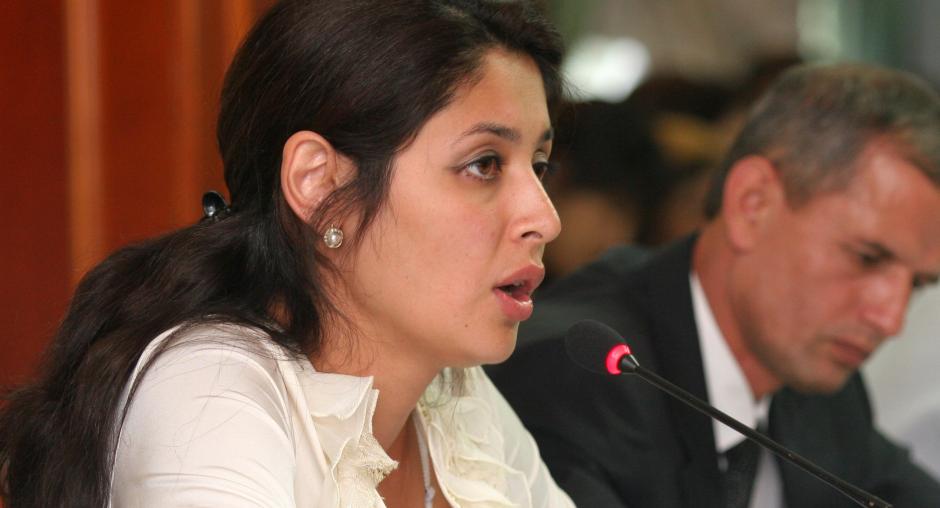OSCE concludes project on torture prevention in Tajikistan

DUSHANBE, 15 December 2011 - Preventing torture through education and systematic oversight was the focus of a roundtable meeting organized today by the OSCE Office in Tajikistan.
More than 40 representatives of the Interior Ministry, the Anti-Corruption Agency, the Drug Control Agency, the National Center for Legislation, the Office of the Human Rights Ombudsman, the Defence Ministry and the Supreme Court, as well as defence lawyers from Dushanbe, Sughd and Khatlon regions, and ten prosecutors from Tajikistan’s districts where cases of torture have been investigated and documented, took part in the event. They discussed the results of an OSCE-supported year-long project conducted by the non-governmental organization Human Rights Centre in close co-operation with the General Prosecutor’s Office.
The project focused on capacity building for prosecutors, legal consultation, documentation of individual cases of alleged torture and ill-treatment, as well as on strengthening the role of defence attorneys. Draft standing operating procedures for prosecutors to investigate allegations of torture were prepared and over 40 recommendations for reform of legislation and prevailing practice were drafted. These recommendations aim to increase defence attorneys' access to clients, to ensure that suspects are better informed of their constitutional right to defence, and to allow attorneys and their clients to document proof of alleged torture through court-ordered medical expertise.
In addition, the Human Rights Centre conducted three five-day training courses for a total of 100 prosecutors, held five consultative meetings with defence attorneys throughout Tajikistan and provided regular legal consultations to victims of torture and their families.
Ambassador Ivar Vikki, the Head of the OSCE Office in Tajikistan, said: "We welcome this joint initiative by the Office of the General Prosecutor and civil society to develop a practical and systemic approach to react to allegations of torture."
Muhammadrizo Khalifzoda, a representative of the General Prosecutor’s Office, emphasized the important role of international procedures and treaty bodies in drawing attention to the problems of torture and ill-treatment, and said they served as an important impulse for reform. “This is a serious issue that we must address in a systemic way," he stressed. "We need to take decisive action to eradicate all cases of torture."
Khalifzoda called on advocates and human rights NGOs to share information with the General Prosecutor’s Office, to regularly appeal inaction or wrongful action of law enforcement bodies, and to properly follow up on individual cases.
